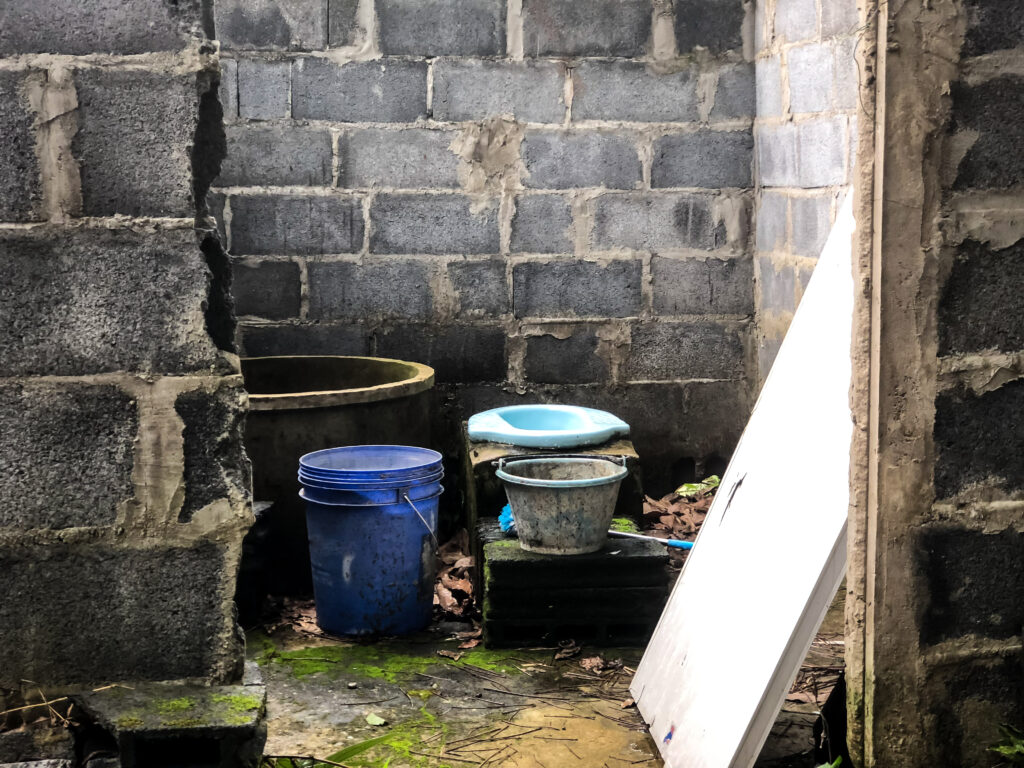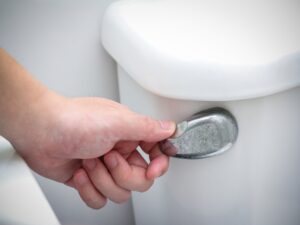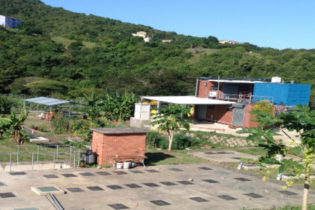We are pioneers. South Africa’s water and sanitation sector has led innovation on biological nutrient removal (BNR) for wastewater treatment, created a novel water law process and the world’s largest drinking water treatment facility at Rand Water. We are also a leader in the adoption of non-sewered sanitation technologies (NSS).
By Jay Bhagwan, executive manager: Water Use and Waste Management, Water Research Council (WRC) NSS will eliminate the future needs for large sewers and pumping stations; negating the high energy costs associated with pumping of sewage and wastewater treatment. The biggest breakthrough is that it has the potential to eliminate pollution and reduce the need on freshwater requirements from 30% to 40%, as well as stimulate a circular economy opportunity. No more failing wastewater plants and sewage spills. “It’s not all about flushing”, was the clarion call of President Cyril Ramaphosa at the National Sanitation Summit in 2015, hosted by the Department of Water and Sanitation (DWS). This conference offered the impetus and stimulus and reinforced the future sanitation environment.
According to Dr Jennifer Molwantwa, CEO, WRC: “Where you are born should not determine the technology you get.” For too long, people in the developing world have been subjected to a binary technology paradigm of either a latrine technology or reticulated waterborne system which is determined on where you live. The lack of aspirational sanitation solutions and, more so, non-sewered or off-grid solutions, has been the Achilles heel towards progress since the poor have no sanitation market. The new challenges of rapid urbanisation couple with the wicked consequences of climate variability are prompting a new look at sanitation.
The WRC has responded to this through its Sanitation Transformation Initiative – SANITI – an acronym that plays on the word “sanity” and aims to bring greater sustainability in how we deliver services or the ‘insanity’ of doing the same things over and expecting a different outcome. Together with national and international partners, we have been catalysing research, development, and innovation into the off grid/non-sewered toilets for the future with the aim of transforming into a more secure sanitation sector. WRC’s South African Sanitation Technology Enterprise Programme (SASTEP) aims to stimulate an industrial pathway through producing the necessary guidelines, standards, and policy recommendations to support market entry of innovation to sector. SASTEP has also provided research support to demonstrate equivalent toilet experiences to full flush systems, as well as cost‑effectiveness and environmental benefits. By doing so, we plan to have a range of sanitation solutions available to meet our changing circumstances. Equity and dignity can only be realised by stimulating sanitation research, innovation, and science towards a just future. Sustainable Development Goals (SDGs) “The sad reality is one of the reasons why the world is making poor progress towards meeting the SDGs in the provision of safe sanitation is the lack of innovative sanitation technology and solutions. This has been the Achilles heel, and the quest for cheap solutions rather than cost-effective solutions has resulted in the poor or many in the developing world receiving inequitable sanitation solutions. We must build the sanitation Teslas of the future,” notes Dr Molwantwa. “South Africa has been too slow in harnessing these new opportunities and this has clearly manifested in where inequity in sanitation provision has in a way contributed to further marginalisation in the development of a large part of our society. It is therefore a privilege for us in South Africa to host the 1st IWA Non Sewered Sanitation Conference and knowledge platform. Not only will it unlock the potential of knowledge and solutions to deal with our challenges, but it will also allow us to share this knowledge with the rest of the global world. It is the time for this much needed disruption and communities are starting to demand better services. The timing is very opportunistic for us and the developing world in transitioning and leading this new paradigm towards meeting the SDGs,” she adds. On the back of climate challenges and associated water security, the non-sewered sanitation pathway offers the sustainable pathway for the future. The International Water Association (IWA) itself has recognised this potential through its inclusive Sanitation initiative. The aim of which is to reshape the global agenda on urban sanitation. Through a dedicated campaign called SaniAction, the objective is to gather the support and collaborative action needed to secure progress. This is a move towards a collaborative approach to expanding safe service coverage, since too many people in towns and cities around the world still lack access to safely managed sanitation. Achieving safe, inclusive sanitation service outcomes requires dynamic governance and public service systems that incentivise delivery of public good outcomes. This initiative is based on the premise of ensuring that sanitation is inclusive and encompasses resilience to climate change and adoption of circular economy principles – covering sanitation as an integral element of urban water sustainability.





